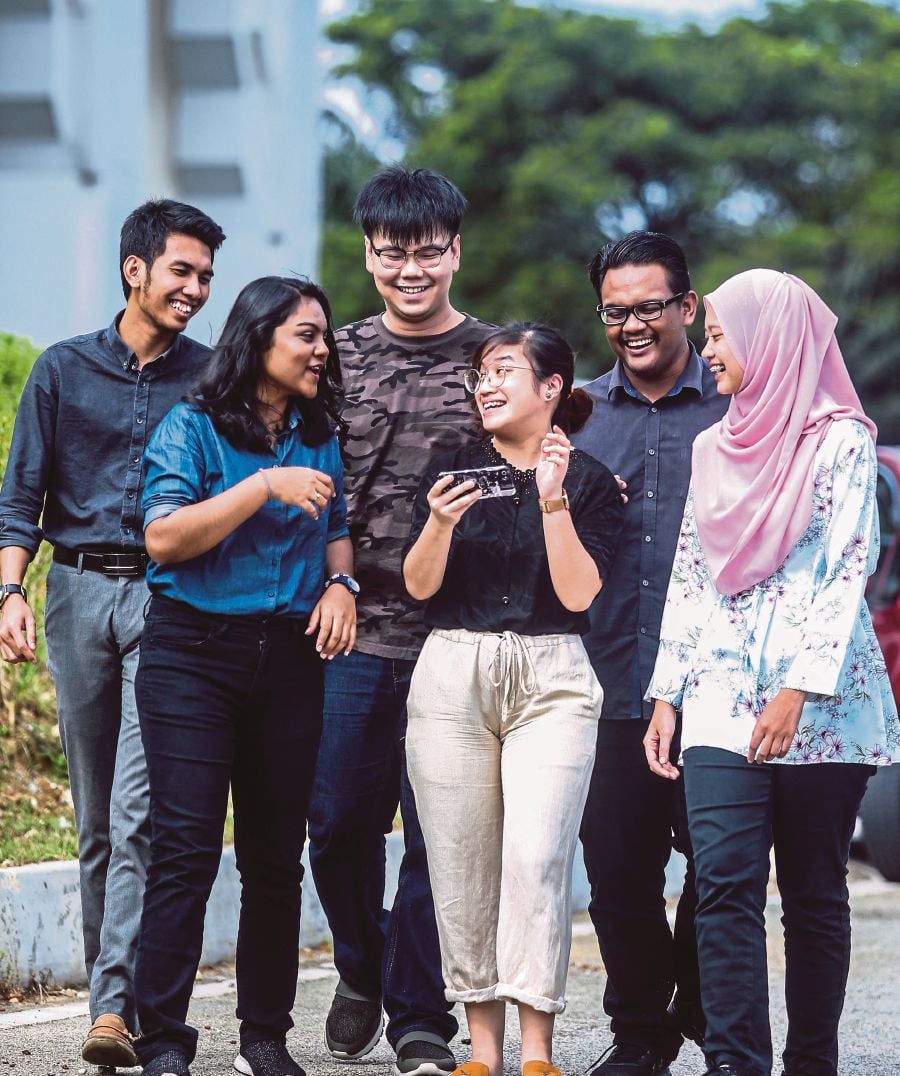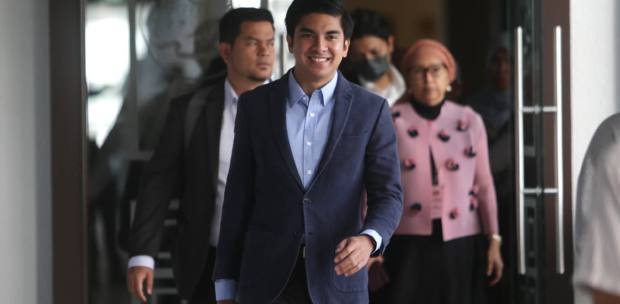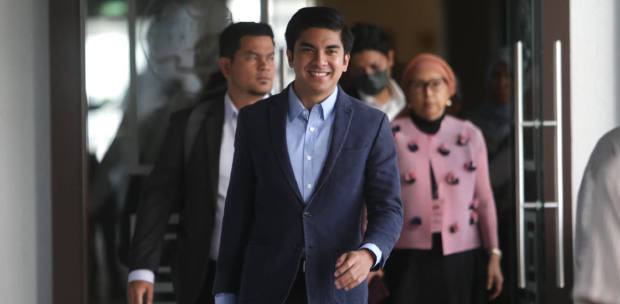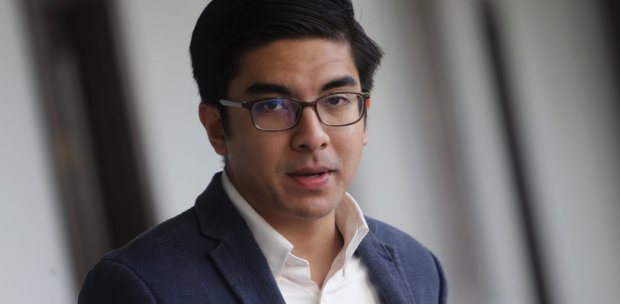KUALA LUMPUR: THE Dewan Rakyat’s move on Tuesday to pass the Constitution (Amendment) Bill 2019 to lower the minimum voting age from 21 to 18 and enable automatic voter registration has been hailed as historic for its display of bipartisanship.
Its success, however, was not an overnight one.
Youth and Sports Minister Syed Saddiq Syed Abdul Rahman was the lynchpin behind the “Undi 18” movement.
Two weeks ago, he tabled an amendment to the Youth Societies and Youth Development Act to redefine the age of youth as 15 to 30 years old, from its previous definition of up to 40 years old.
Last week, he tabled the bill to amend the Federal Constitution to lower the voting age from 21 to 18. The bill, apart from enabling automatic voter registration, also amended constitutional provisions to allow those aged 18 to become electoral candidates.
The bill was passed on Tuesday, with 211 members of parliament putting aside political ideology to push through the motion.
Speaking to the New Straits Times, Syed Saddiq said the process began on Sept 19 last year after the cabinet agreed in principle to initiate the process to amend the minimum voting age.
“We held a series of engagements and roundtable discussions with all youth leaders of all political parties.
“We invited them to the ministry to seek their views as well as to explain the impact of this amendment.”
There was another round of discussions with the youth leaders under the Youth Development Council, chaired by Prime Minister Tun Dr Mahathir Mohamad.
“In principle, everyone had agreed to the idea of the amendment, but the real campaign took off after Hari Raya Aidilfitri,” Syed Saddiq said.
He had to personally seek out each MP, whether they were from Pakatan Harapan or Barisan Nasional, to seek their support for the move, he said.
“After Aidilifitri, I sat down and wrote to all the MPs to humbly seek their support for the cause. I had to seek an audience with them on their turf.”

He flew to Sarawak and met Sarawak Chief Minister Datuk Patinggi Abang Johari Abang Openg to seek his support.
“I reached out to the leaders personally. Sometimes, I would meet them in Parliament. For some, I would arrange a meeting over coffee.”
He said during the process, he reached out to former prime minister Datuk Seri Najib Razak.
He said he knew he would receive flak for the move, but it was necessary to rouse support.
“I knew there would be people from my party who won’t like it, but I didn’t care. I was looking at the bigger picture.
“We needed to meet everyone, including Najib.”
Najib, he said, was very receptive to the idea and agreed to the meeting.
With the success of the amendment bill, Syed Saddiq is already looking at the next phase.
“This is just the beginning. After this, we have a huge mandate for youth to participate in politics.
“This whole exercise is to empower youth to be responsible citizens. I am sure they will seize this opportunity and realise they can make a difference in the country. The future looks bright for Malaysia.”
Deputy Defence Minister Liew Chin Tong said he was proud of Syed Saddiq’s ability to get everyone to work together.
He said the signs were good for the country as it moved forward.
“Syed Saddiq displayed what a young person could do, which was to ignore the naysayers and just keep pushing and engaging.
“Secondly, this is a reformist government. The opposition thought they could scare the Pakatan government by setting conditions on automatic voter registration and (election) candidacy for 18-year-olds.
“The Pakatan Presidential Council gladly accepted the conditions. The opposition would lose credibility if they didn’t follow through with their promise.
“Third, Malaysian politics is now changed forever. The new landscape will force everyone to rethink from scratch. All previous elections and polling data and assumptions are now irrelevant.”





